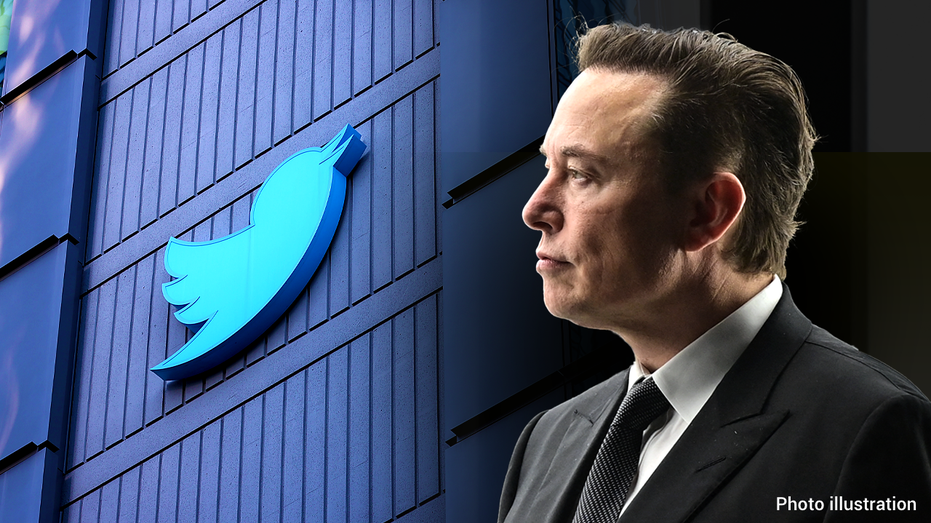Elon Musk says upcoming recession is 'actually a good thing,' and predicts how long it will last
Tesla CEO welcomed prospect of economic correction, saying companies that represent 'value destroyers' need to die
Bank of America CEO on recession fears
Bank of America CEO Brian Moynihan provides insight on ‘Mornings with Maria’ from the World Economic Forum in Davos, Switzerland.
Tesla CEO Elon Musk, who has gained even more notoriety amid his purchase of Twitter and who has previously predicted an economic recession, claimed that the upcoming recession is "actually a good thing," a necessary "rude awakening" after a lax attitude from the COVID-19 pandemic.
A Twitter user asked Musk, "Do you still think we're approaching a recession?"
"Yes, but this is actually a good thing," the Tesla CEO responded. "It has been raining money on fools for too long. Some bankruptcies need to happen."

Elon Musk attends the Met Gala on May 2 in New York. (Evan Agostini/Invision / AP Newsroom)
"Also, all the Covid stay-at-home stuff has tricked people into thinking that you don’t actually need to work hard," he added, referring to the increasing number of workers working from home during and after the pandemic, and potentially referencing the lax attitude as a result of checks from COVID-19 relief bills. "Rude awakening inbound!"
Both individuals and companies received stimulus payments in the three rounds of COVID-19 relief.
ONE OF BIDEN'S FAVORITE ECONOMISTS SEES A HIGH CHANCE OF RECESSION IN NEXT 2 YEARS
Another Twitter user asked how long the recession would likely last.

Twitter headquarters in San Francisco, California, on Oct. 27, 2021. (Tayfun Coskun/Anadolu Agency via / Getty Images)
"Based on past experience, about 12 to 18 months," Musk responded. "Companies that are inherently negative cash flow (ie value destroyers) need to die, so that they stop consuming resources."
BlackRock, the world's largest asset manager, warned this week that the Federal Reserve's move to increase interest rates to offset record inflation may trigger a recession.
CLICK HERE TO READ MORE ON FOX BUSINESS
"The Fed's hawkish pivot has raised the risk that markets see rates staying in restrictive territory," BlackRock said in a research note. "The year-to-date selloff partly reflects this, yet we see no clear catalyst for a rebound. If they hike interest rates too much, they risk triggering a recession. If they tighten not enough, the risk becomes runaway inflation. It's tough to see a perfect outcome."





















